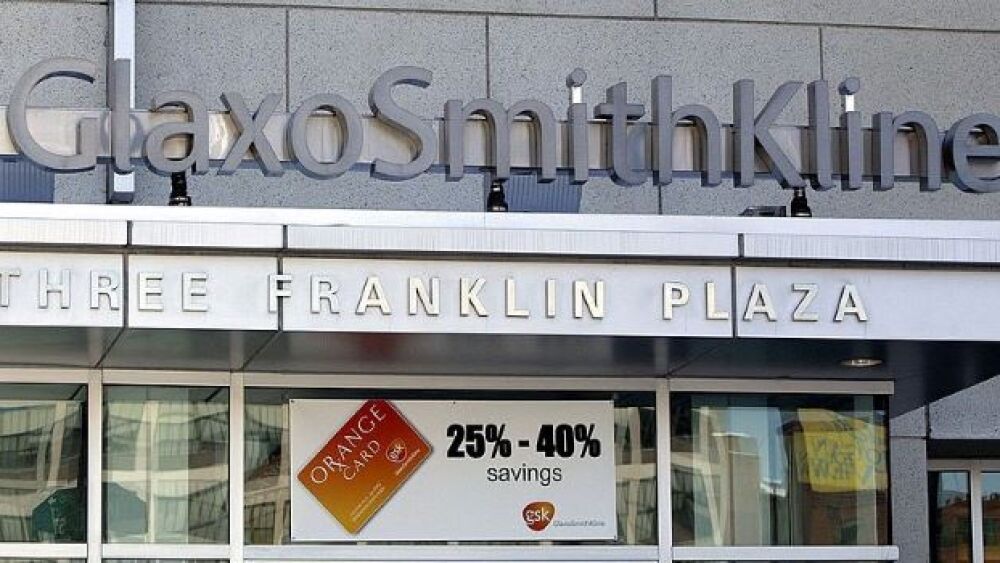GSK terminated its cell therapy pact with Lyell Immunopharma. It’s opting to advance its own programs without use of Lyell’s T-cell modulating technologies that were at the center of the partnership.
Willy Barton/Shutterstock
After three years, GSK terminated its cell therapy pact with Lyell Immunopharma. Instead, it is opting to advance its own programs without the use of Lyell’s T-cell modulating technologies that were at the center of the partnership.
GSK ended the agreement following a strategic review of its own pipeline, Lyell reported in a filing with the U.S. Securities and Exchange Commission Tuesday.
However, the termination was not a surprise to the South San Francisco-based company.
Lyell disclosed in its August quarterly report uncertainty existed regarding the further development of the product candidates covered by the collaboration.
Some of this was likely due to GSK’s split into two entities earlier this year which resulted in a re-evaluation of its own assets, as well as preliminary clinical data GSK received from a study of its first-generation Letetresgene Autoleucel (lete-cel) product candidate in NSCLC.
At this time, lete-cel does not incorporate any of Lyell’s reprogramming technologies, that company noted in its announcement.
Following the SEC filing, shares of Lyell fell nearly 10% in early trading Tuesday. As of 11 a.m. EST, the stock was trading at $5.82 per share.
The Backstory
In 2019, GSK and Lyell entered into a five-year research and development collaboration to discover and develop potential T-cell therapies that harnessed Lyell’s technologies and cell therapy innovations for CAR or TCR targets. When GSK announced the deal, company representatives said they intended to use Lyell’s technologies to strengthen GSK’s own cell therapy line.
In particular, the U.K.-based company hoped to bolster development of lete-cel, which targets the NY-ESO-1 antigen expressed across multiple cancer types.
The termination of the collaboration will not have significant impact on its operations, with the exception of the development of LYL132, a second-generation program covered under the agreement, according to Lyell.
That asset, which was cleared for clinical trials earlier this year, incorporates Lyell’s proprietary Epi-R manufacturing protocol. LYL132 was going to be evaluated in a Phase I study as a potential treatment for patients with NY-ESO-1+ advanced synovial sarcoma or myxoid/round cell liposarcoma. GSK saw the asset as a potential enhancement for the lete-cel program.
The trial for LYL132 was being run by GSK, according to the company. It didn’t get too far. Earlier this year there was a stop in enrollment before any patients were treated with the investigational asset.
Another investigational asset, LYL331, was also included in the agreement. Lyell noted an Investigational New Drug Application for LYL331 has not yet been submitted to the FDA.
Lyell will discontinue any further work on both of these programs.
“Given the early stage of these second-generation programs, the termination is not based on any clinical efficacy or safety data from these programs,” Lyell representatives wrote in their filing.
When GSK forged the agreement with Lyell, it paid the company $250 million in the form of a combined upfront payment and equity investment. Had the program gone further, Lyell would have been eligible for additional milestone payments, as well as royalties on potential commercial products.





